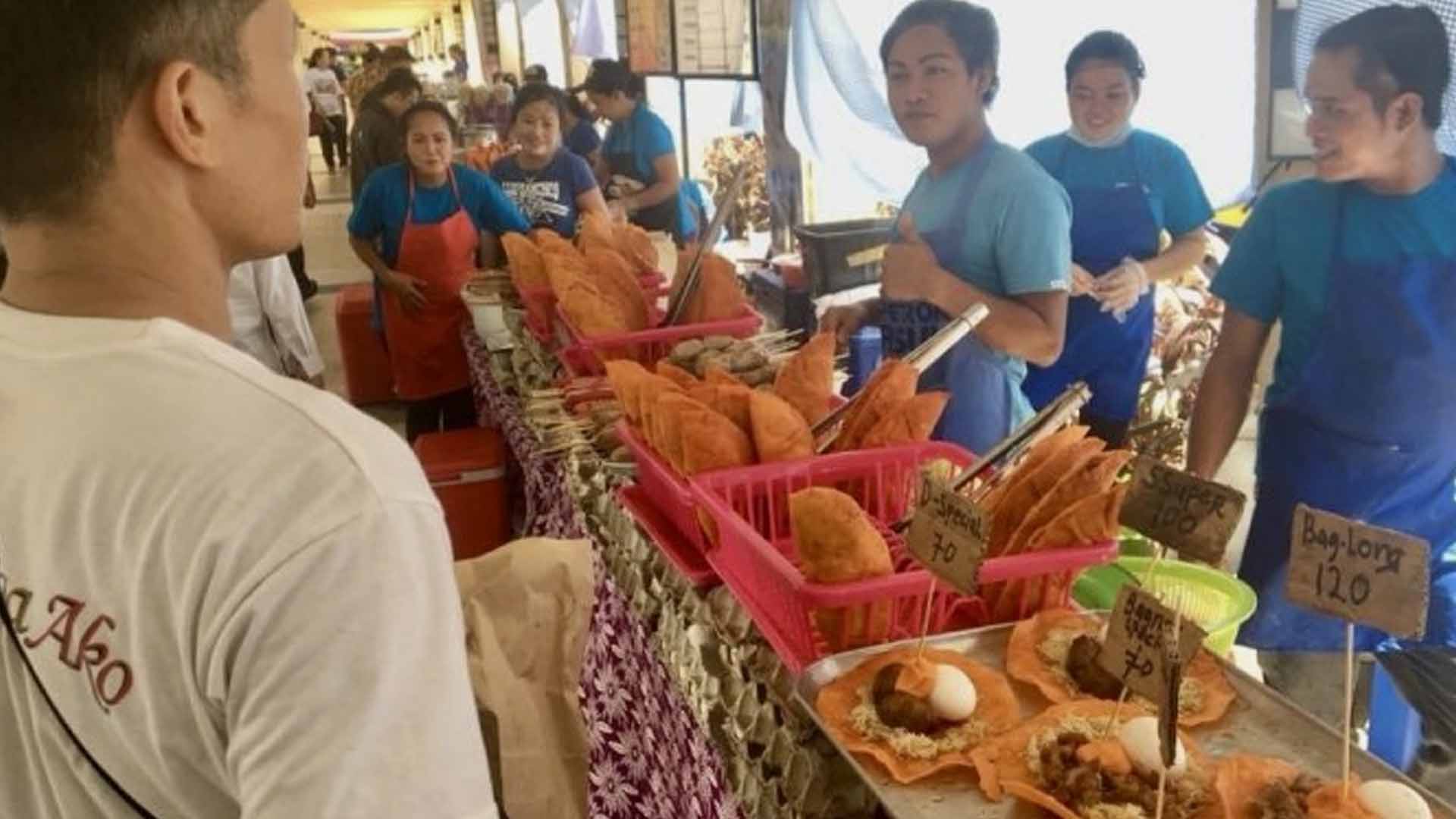While the famous empanada of this city is not an Ilocano original, this meat pastry consisting of green papaya, monggo beans, longganisa (sausage), and one whole egg wrapped in an orange-colored flour wrapper that is deep-fried, has become a distinctive Ilokano taste, courtesy of its locally sourced ingredients.
Empanada comes from the verb empanar, which means to wrap or to coat in bread.
The Spaniards introduced this delicacy and locals embraced it, nurturing people’s lives over the years.
Mayor Albert Chua told journalists Tuesday that the process of making empanada showcases the social behavior and distinct characteristics of Ilocanos as industrious, resourceful, creative, simple, and frugal.
The celebration for this city’s famous traditional fast food, which attracts locals and tourists, was previously held during the City Charter Day of Batac, or every 23rd of June, but it was moved to December starting in 2007, when Chua took office, to make it part of the month-long celebration of the city’s founding anniversary.
One of the most famous empanadas at the Batac Riverside Empanadaan, a tourist spot in the province, comes from Glory’s Empanada, owned by Gloria Aduana Cocson.
Determined to help her husband raise their family, Gloria perfected her empanada recipe. Through hard work and determination, her empanada business grew and became so popular that she was awarded the prestigious “Kalipi Award” in 2003.
As Batac’s empanada claims to be the best and tastiest in the country, the city government made this delicacy its official entry to the One-Town, One Product program of the Department of Trade and Industry (DTI), which is intended to boost micro, small, and medium enterprises.
This year’s festivity will be held on Dec. 22, which will see the return of street pageantry where 43 villages will be represented.
“The festival features the richness and beauty of the Ilocano culture, while promoting our food heritage to attract more tourists and at the same time, helping farmers boost their livelihood,” Chua said. (PNA)





















